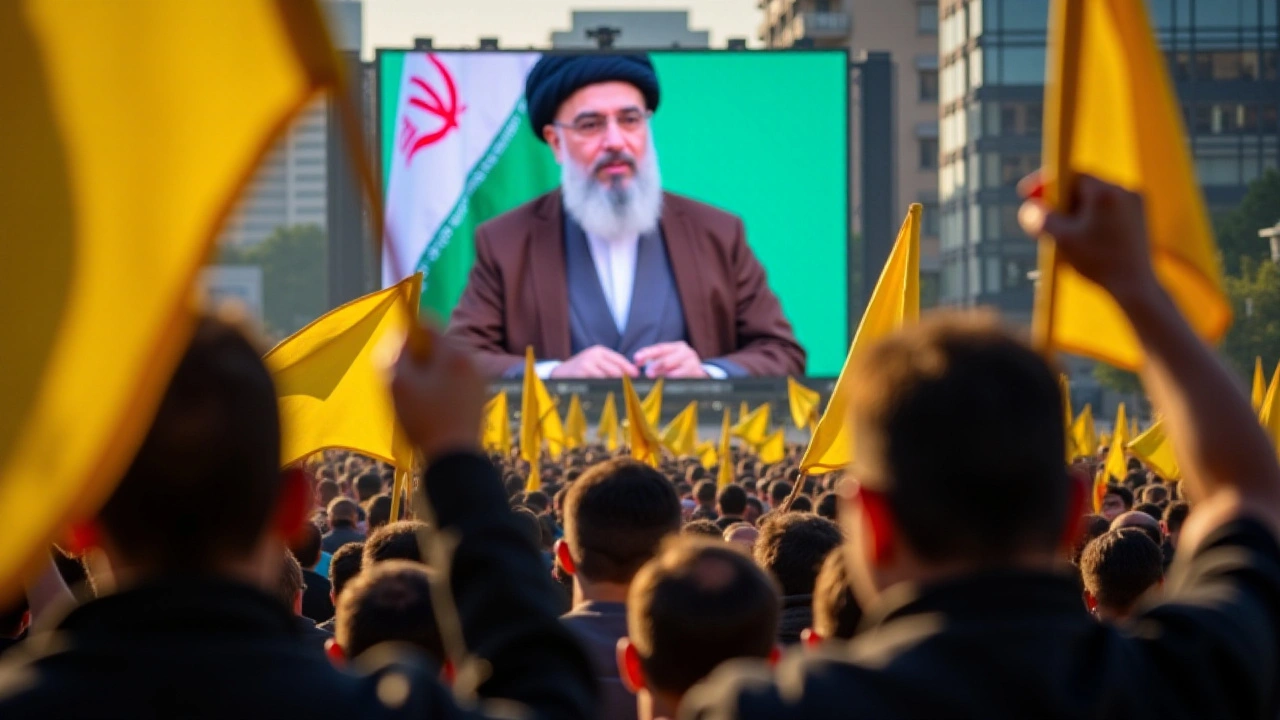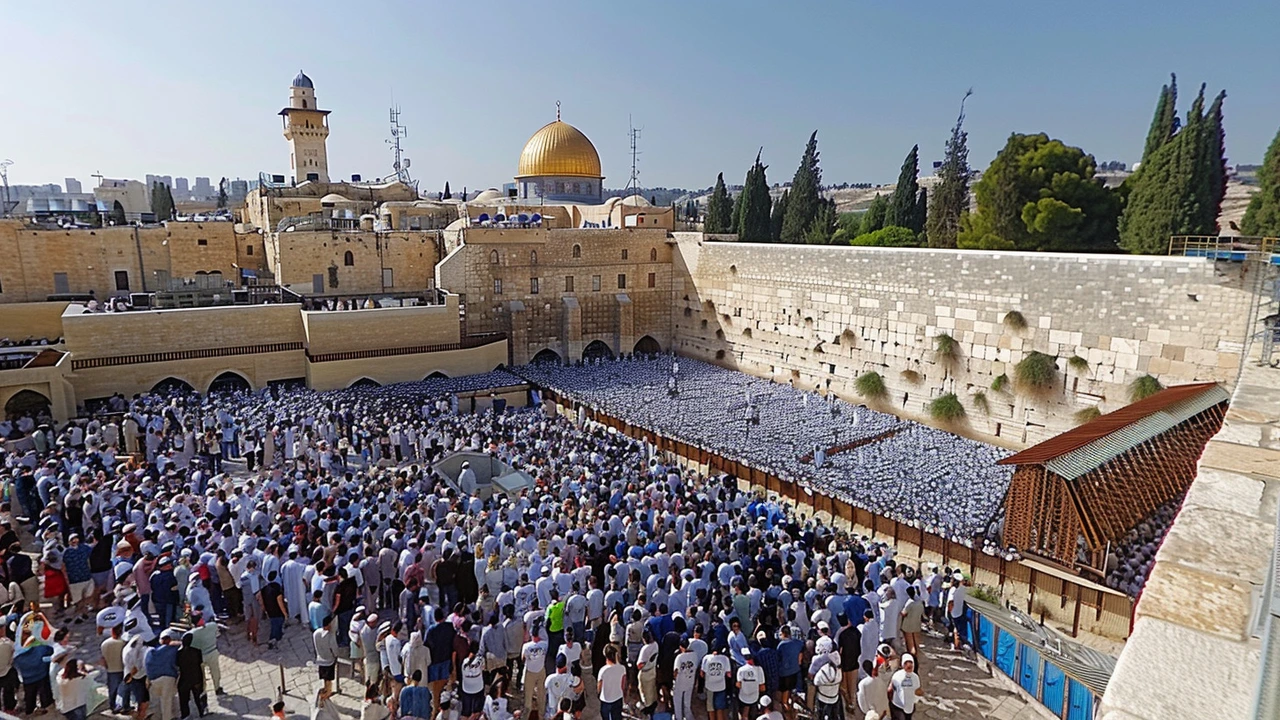What Is Hezbollah and Why Does It Matter?
If you've heard the name Hezbollah tossed around in news or discussions about the Middle East, you might wonder—what exactly is it? Hezbollah is more than just a name; it's a powerful organization based in Lebanon with deep roots in politics and armed resistance. Unlike many groups, Hezbollah mixes both political work and military action, which makes understanding its role a bit tricky but important.
Hezbollah (which means “Party of God” in Arabic) started in the early 1980s during a very turbulent time in Lebanon. It was founded to resist Israeli occupation in southern Lebanon but quickly grew into a major force in Lebanese society. Today, it operates as a political party with seats in Lebanon’s parliament and runs social services like schools and hospitals. At the same time, it maintains an armed branch that has been involved in conflicts with Israel and plays a big role in regional power struggles.
Hezbollah’s Influence Inside Lebanon
In Lebanon, Hezbollah isn’t just a militia; it’s a political power broker. Its influence extends to government decisions, and it has a solid base of support among parts of the Lebanese population, especially within the Shiite community. Many see Hezbollah as a defender against external threats and a provider of social welfare. But others criticize it for promoting violence and for its ties to Iran and Syria, which shape much of its agenda.
This dual role—social and military—means Hezbollah can sway both public opinion and political outcomes in Lebanon. It also puts Lebanon in a complicated spot internationally because different countries view Hezbollah differently: some label it a terrorist group while others consider it a legitimate resistance movement.
Why Does Hezbollah Matter Globally?
Hezbollah's significance stretches beyond Lebanon. Its standoff with Israel has led to multiple conflicts, affecting peace efforts in the region. Plus, it’s involved in the Syrian civil war supporting the Assad regime, which shows its broader ambitions and alliances. This makes it a key player not only in Lebanese politics but also in Middle East geopolitics.
Understanding Hezbollah isn’t about picking sides but about knowing how this group shapes security, politics, and lives in its region. Whether you’re following world news or just curious about global groups, getting a clear picture of Hezbollah helps make sense of many ongoing Middle East stories.
Want to stay ahead on this topic? Keep an eye on how Hezbollah’s political moves, military actions, and international ties evolve because they have real impacts far beyond Lebanon’s borders.







